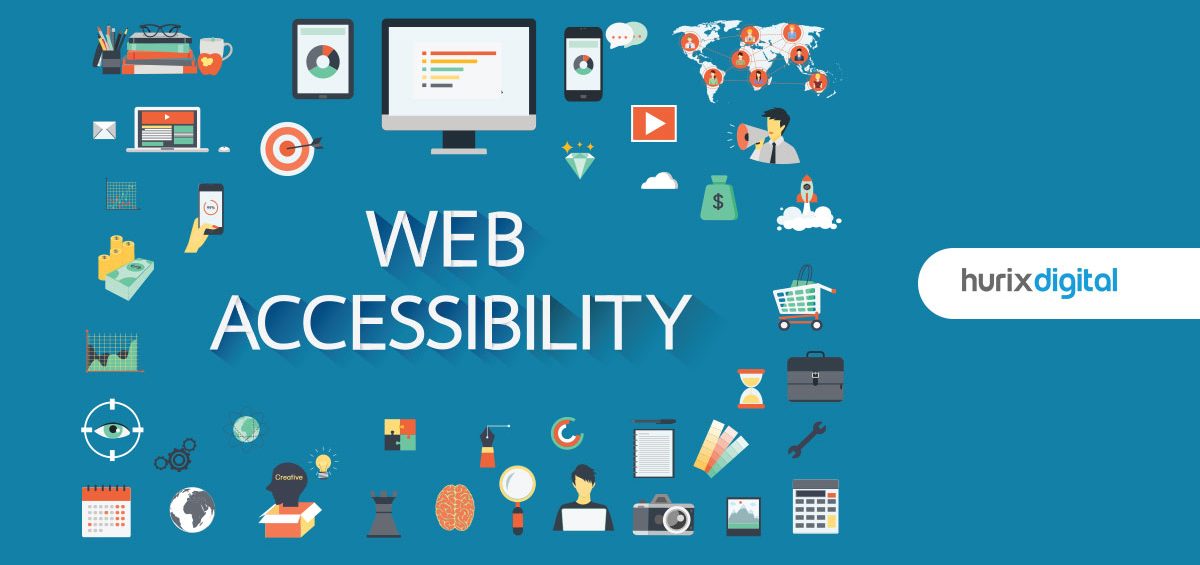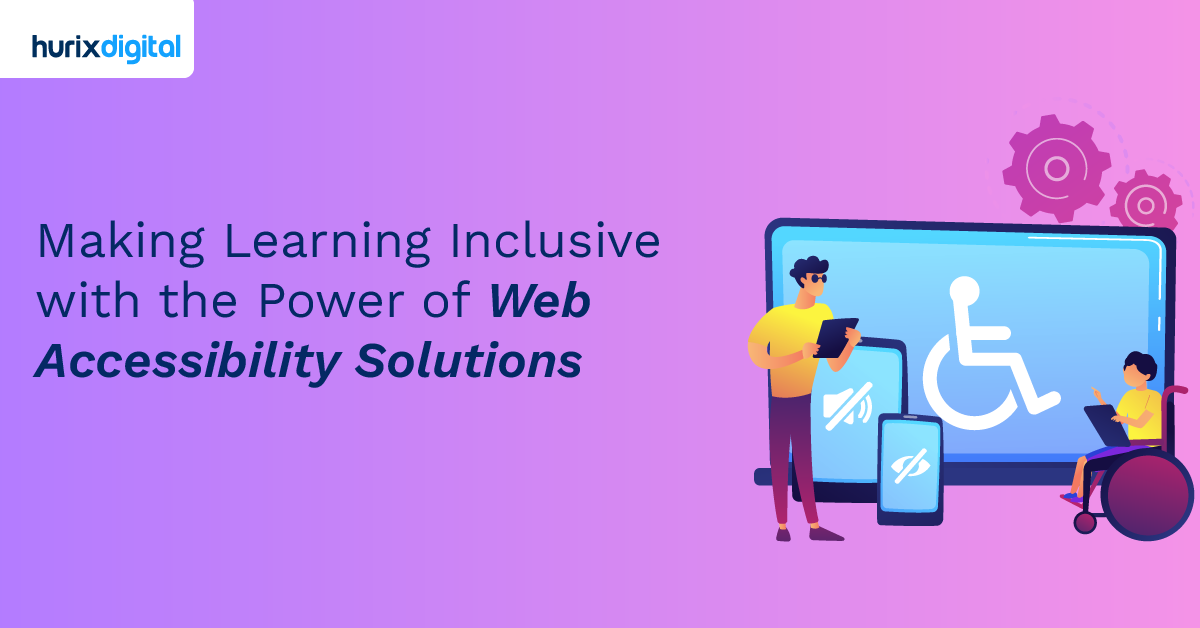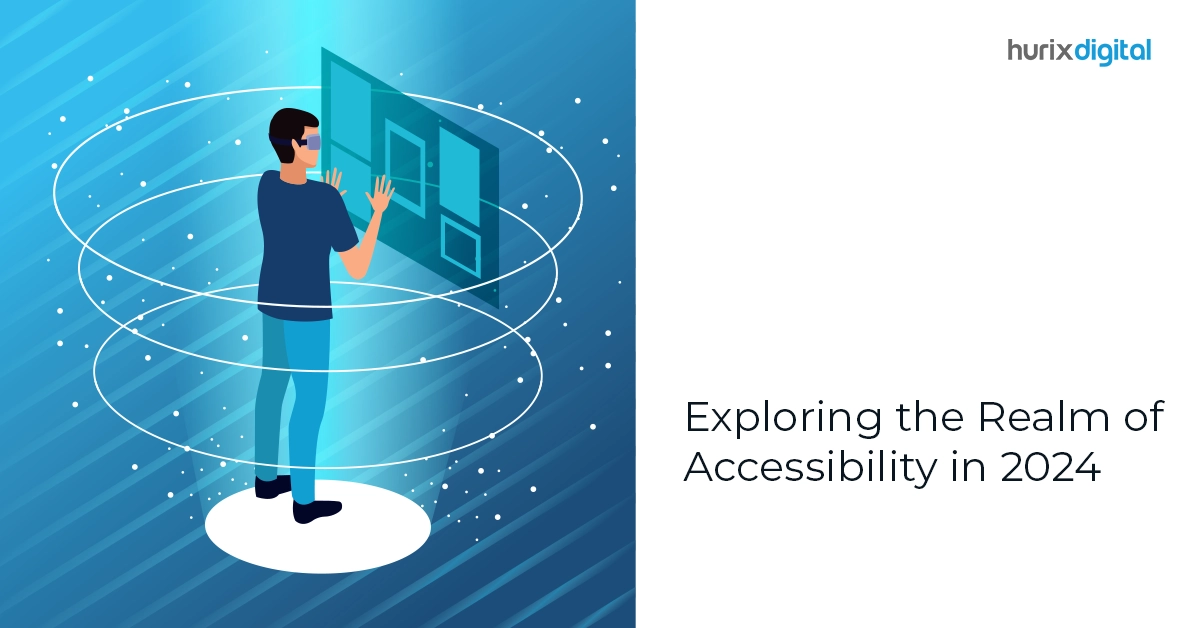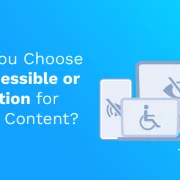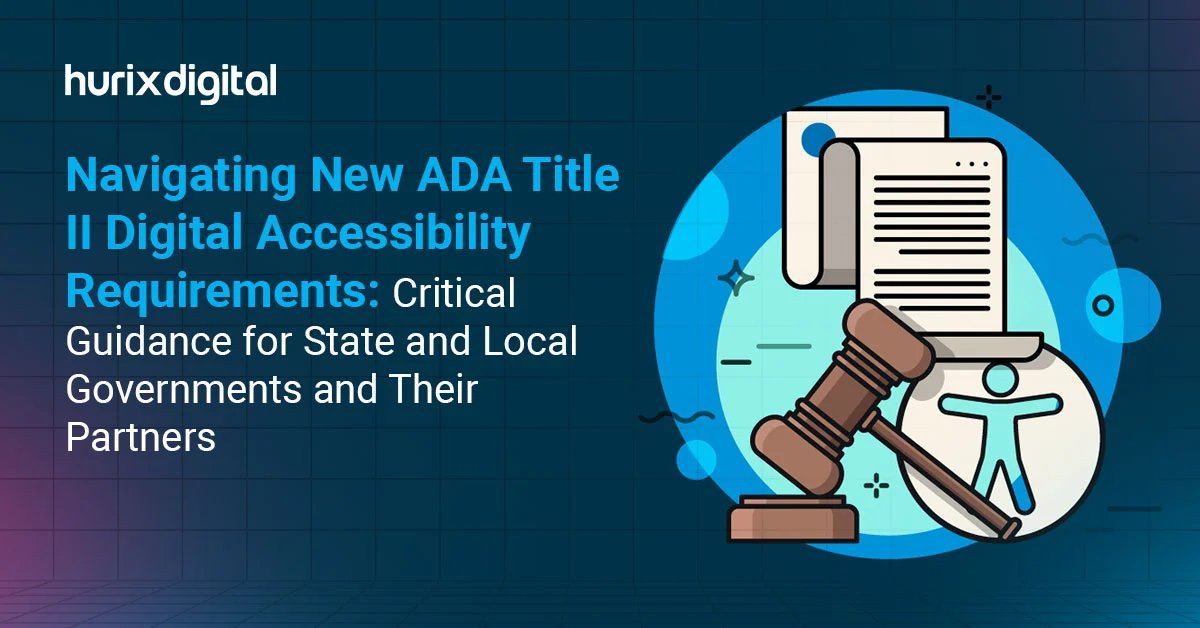
Navigating New ADA Title II Digital Accessibility Requirements: Critical Guidance for State and Local Governments and Their Partners
Summary
New ADA Title II rules mandate digital accessibility for governments and vendors, detailing standards, deadlines, and compliance steps for disability inclusion.
The ADA Title II has brought forward major alterations affecting state and local governments and their third-party service providers.
The U.S. Department of Justice requires that specific entities be fully compliant as of April 2024 under WCAG 2.1 with Levels A and AA. These stipulate the level to which all digital platforms and IT services must be available to people with disabilities. Different lines for compliance with the regulations, depending on the business size, are from two years to three years for most organizations.
Even as most public services remain perennially underfunded, third-party vendors have proven to be critical in rapidly filling such needs. Now, with these partnerships set to be tested like never before, the new demands of ADA Title II really will be a case of putting the rubber to the road.
For example, New York City is one of the digital accessibility leaders. The city has already adopted standard WCAG 2.1 in all its platforms to ensure that residents who have disabilities access services with equal ease as others. Their proactiveness in this regard becomes an example for other municipalities.
Let’s dive deep into these new amendments.
Table of Contents:
- Key Changes in ADA Title II Regulations
- Key Dates and Deadlines
- Who Needs to Do What?
- Third-Party Vendor Implications
- Necessary Accessible Services
- How Can Hurix Digital Help?
- Why Pick Hurix Digital?
- In Conclusion
Key Changes in ADA Title II Regulations
Under the newly revised regulations of ADA Title II, state and local government websites and mobile applications are expected to meet WCAG 2.1 A/AA compliance standards. These globally adopted standards, developed by the W3C, ensure digital content is accessible to everyone, regardless of their disability type—be it visual, auditory, physical, speech, or cognitive disabilities.
This is to ensure that there is an equal opportunity for all services considered important that are dependent on digital systems, among the filing of taxes, accessing public information, and engaging in other community events. Organizations are mandated to become fully compliant in not more than three years from now; thus, quick action is put in place.
Also Read: ADA And Healthcare: Why Healthcare Providers Need To Be Accessible?
Key Dates and Deadlines
This Regulation shall take effect on June 24, 2024. For organizations to be complied with – Public bodies (except special district governments) serving a population of over 50,000 must begin compliance on or before April 24, 2026.
Public bodies serving populations under 50,000 or special district governments will have to be in full compliance by April 26, 2027.
Example: For cities with populations well over 50,000, the deadline of April 2026 to bring all digital services to the new norm is not long off now.
Who Needs to Do What?
1. State and Local Governments
The new standards apply to every level of government within the United States, namely:
- Each of the fifty states
- The District of Columbia
- U.S. territories, among them Puerto Rico, Guam, and the Virgin Islands
- City, county, and town governments
These organizations should therefore have all their websites, mobile applications, and any digital service accessible to people with disabilities.
2. Third-Party Contractors and Vendors
The updated requirements will also apply to third-party vendors offering their digital services to these government agencies. Any company that builds, manages, or supports government digital platforms has to meet the same WCAG 2.1 A/AA requirements, within similar timelines.
Here’s a quick example to understand this better:
A web development company in Florida, operating for their government in the area, was caught by surprise with this new requirement in the beginning. After a targeted accessibility audit and training exercise, they became fully compliant with WCAG 2.1 and saved an important governmental client.
Third-Party Vendor Implications
According to a DOJ Fact Sheet, third-party vendors are expected to provide solutions that conform to WCAG 2.1 at the A/AA levels. Quick action is essential, as most vendors are usually given a window of approximately two years to comply. The failure of a company to timely execute such requirements might potentially open the same company up to other forms of legal liability and the loss of business opportunities from government contracts interested in working with solutions that are WCAG-compliant.
Steps to be taken to achieve compliance.
Third-party vendors should do so:
- Conduct a Deep Accessibility Audit: Review and remove barriers to accessibility from your existing digital products.
- Train Teams: Allow your team to infuse access into all development phases.
Here’s an example: A city council in Ohio developed a training program for their IT department on best practices in designing and developing accessibility. The result was that WCAG standards were fully integrated into all new digital projects.
- Bake Accessibility in Your Design Process: Make sure to meet the standards of WCAG 2.1 A/AA inside your design and development processes.
- Cooperate with Accessibility Experts: Access consultative services to build accessible solutions through partnerships.
- Monitor and Update: Regularly review and update your digital services to remain compliant with accessibility.
Going through these steps in advance will let you easily achieve full mandate compliance under ADA Title II. You will be empowered with the needed advantage in your industry because of greater digital inclusivity.
Necessary Accessible Services
These new regulations cover a vast array of digital services, including but not limited to:
- Online Payments: For traffic tickets, taxes, utility bills, permits, and parking fees.
- Ticket sales: Lotteries, sports games, culture shows, transport tickets.
- Public Records: Documents and information available, including by taking a vote on matters during meetings.
- Educational Services: School portals, online learning platforms, library services.
- Health and safety information: Emergency alerts and scheduling for health services.
- Community Engagement: Questionnaires and chances to be a volunteer.
- Employment Services: Job applications and public training programs.
- Recreation Services: Facility bookings and registering for programs.
- Legal Services: Public Access to Court Records and Legal Assistance.
How Can Hurix Digital Help?
Hurix Digital is well poised to offer you tailored solutions that can help your organization meet ADA compliance and, hence, create accessible digital experiences. Our state and local government services help third-party vendors and governments meet the new requirements set under ADA Title II.
Some of the services we offer are:
- Accessibility Audits: Rigorous evaluation of your digital assets to help identify, and if necessary remediate any accessibility pitfalls.
- Consulting Services: Professional guidance on developing and implementing a successful accessibility strategy.
- Educational Programs: Training sessions and workshops on Digital Accessibility for the team to improve its knowledge base.
Why Pick Hurix Digital?
- Proven Expertise: We have helped many organizations meet their needs for accessibility compliance.
- Trusted Solutions: Public sector organizations trust the tools and services we provide.
- Innovative Tools: Out-of-the-box cutting-edge solutions to make accessibility initiatives multi-channel.
- Tailored Support: Personalized services support you for whatever you need and for whatever you are up to.
Also Read: The New US ADA Amendment – What Does Your University Need to Know?
In Conclusion
Addressing the digital accessibility requirements of ADA Title II isn’t only a legal requirement; it ensures we’re all working toward an equitable digital world. The time for state and local governments, together with their vendors, to prioritize and put into place accessibility measures, is now. Critical deadlines loom.
Begin your compliance journey today! Reach out to Hurix Digital for a consultation about your current state of compliance so we can get you to the requirements of ADA Title II.

Vice President – Digital Content Transformation. He is PMP, CSM, and CPACC certified and has 20+ years of experience in Project Management, Delivery Management, and managing the Offshore Development Centre (ODC).
